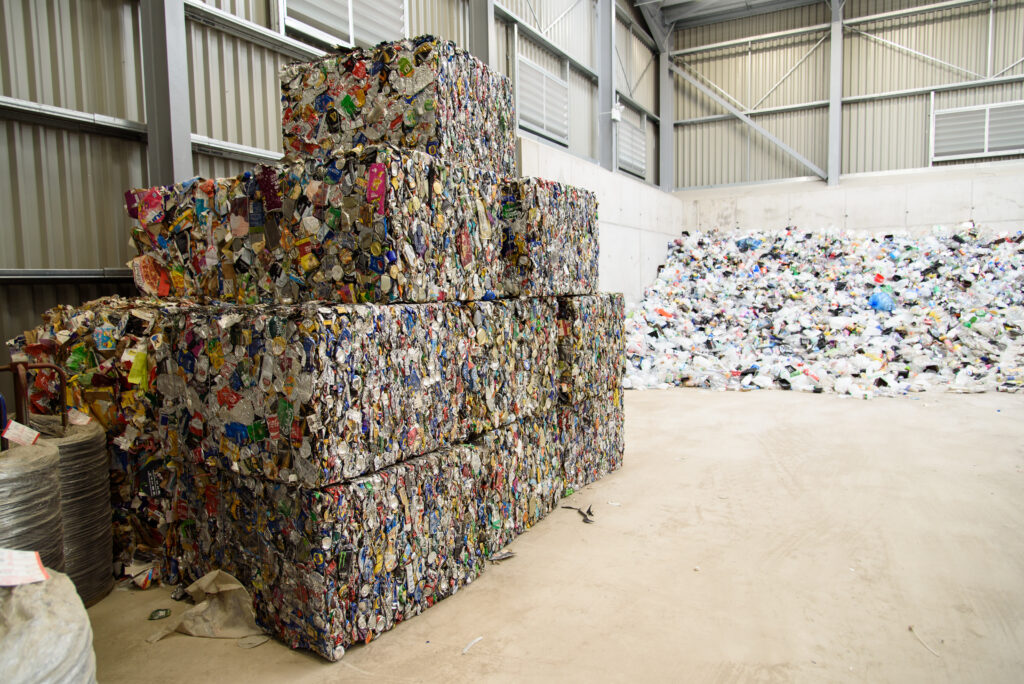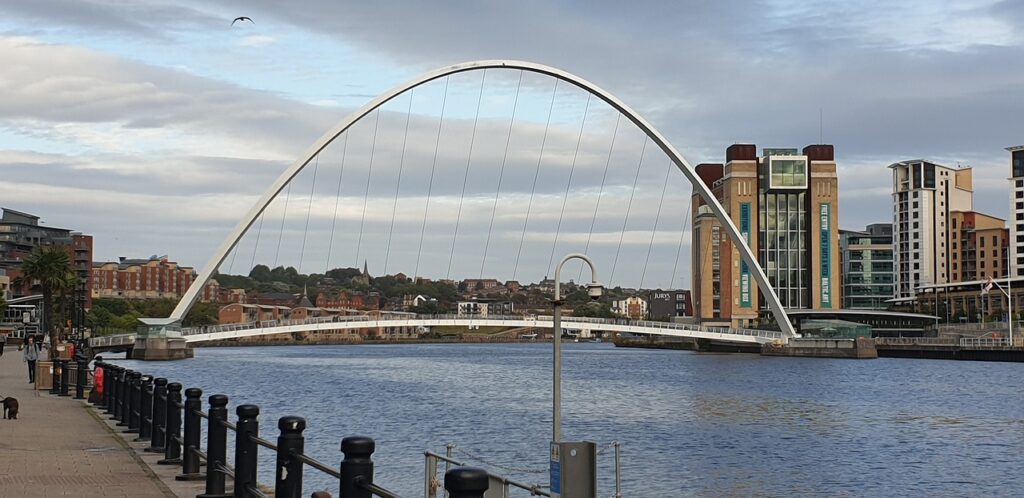John Duffy, policy director environment at the Greater London Authority has written a strongly worded letter to the Resource Recovery Forum which recently published a report on municipal waste. The report made a number of comments about the approach to recycling in London with the message that the 2015 targets are not achievable and would have serious consequences for dealing with residual waste (see letsrecycle.com story).
In response, Mr Duffy has said that the 45% is achievable and pointed out that the London Mayor's waste management strategy is based on recycling rates set out in the government's Strategy Unit report. And, he pointed out that that alongside the targets, the Mayor has called for changes to the regulatory framework and increased funding. He wrote: “The levels of recycling set out in the Strategy Unit report is such that it offers a good balance between what is currently achievable, and the demand for additional residual waste management facilities.”
The report, “High diversion of municipal waste: Is it achievable?” was written by consultant David Davies of David Davies Associates for the Forum.
”Any objective observer could not help form the view that the strategy is predicated on very high levels of recycling “
– David Davies
Dr Davies told letsrecycle.com that he remained concerned about the recycling target and that if it was not achieved, London would not be able to deal with a higher than planned for level of residual waste. “Any objective observer could not help form the view that the strategy is predicated on very high levels of recycling.”
Conurbations
Arguing that 45% levels of recycling have not been achieved in other major conurbations – New York is in the low 20s in recycling percentages – Dr Davies added: “Tell me why London is so different. It may have some outer boroughs achieving high levels but it has half a dozen of some of the most deprived boroughs in the country.”
He predicted that by overestimating the level of its recycling, London would understate the level of its residual waste needing to be managed. “Because of this the necessary facilities will not get built and London will almost certainly exceed its landfill allowance allocations,” he warned.
”London will need around an additional 2 million tonnes of new technology capacity. “
– John Duffy, Mayor's Office
Mr Duffy refuted these claims and said with a 45% level of recycling London “will need around an additional 2 million tonnes of new technology capacity to compliment the 1 million tonnes of existing incineration – one third of England's existing municipal waste incineration capacity – to meet the Landfill Directive requirements. This position is also reflected within the Mayor's spatial development strategy in the London Plan.”
New technologies
The thinking behind the strategy and the 45% recycling level for London involves not only kerbside recycling but also the use of new waste treatment technologies. The Mayor is believed to be considering that while 45% may not be practical at the moment, by 2015 it will be, especially as services develop further throughout the capital. Kerbside collections are planned to expand with the inclusion of more materials. Current examples of planned technological developments include the mechanical biological treatment plants for East London and plans for an anaerobic digestor in Sutton.
The Mayor is understood to recognise that cities do have particular challenges when it comes to recycling and that work on providing facilities for high-rise buildings is important and that the role of the London Recycling Fund will be important.








Subscribe for free